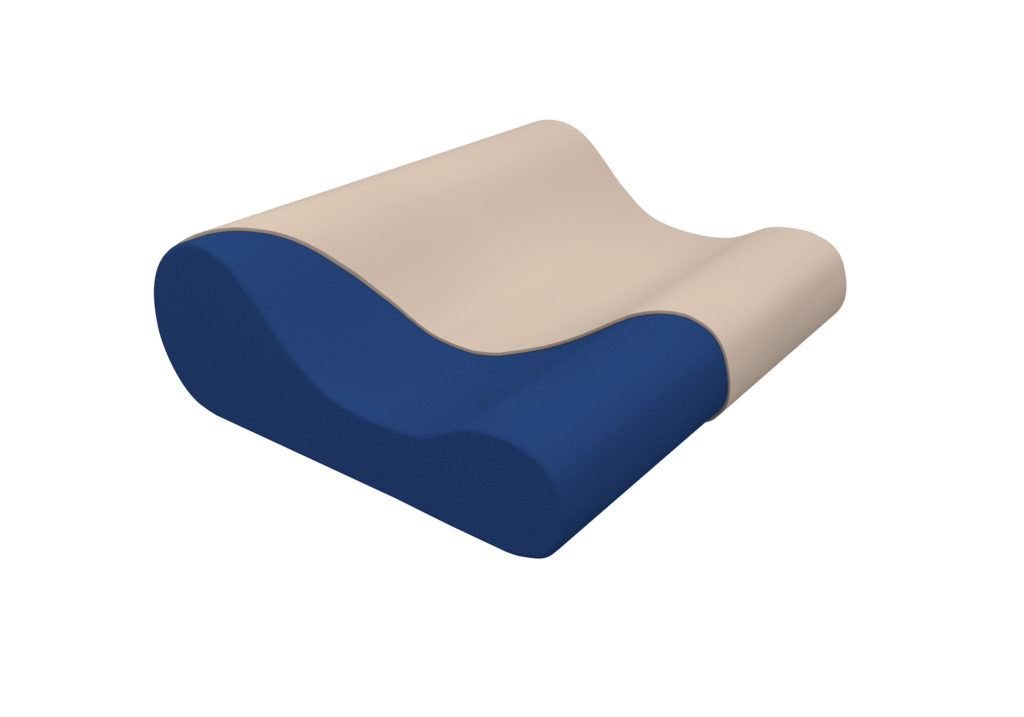Sleep is the resting and restructuring process of the brain in which the body cannot be controlled and the consciousness is closed against external stimuli. When quality sleep is not provided, together with the feeling of fatigue, performance and quality of life during the day are adversely affected. In addition, when adequate and deep sleep cannot occur, the brain’s ability to learn new things weakens.
A new study on the effects of sleep on learning has been published in Nature Communication. According to this study; Insufficient sleep negatively affects the brain’s ability to develop, change and adapt. The motor cortex, which is responsible for the development and use of motor skills, is also negatively affected by insomnia and cannot adequately help the effectiveness of activities during the day.
Softness is what the brain needs more than the body.
Everything seen and heard during the day is taken by the brain and almost turns into a garbage dump. For this reason, the brain needs a cleaning within itself. This cleaning takes place at night while the vessels suddenly expand, and the abundant fluid filtered from the blood plasma in and out of the brain cells and repeats itself. Problems affecting the brain make learning difficult when the processes of processing, cleaning and washing this information are not realized when sleep deprivation or deep enough sleep is not achieved.
According to the research, which is the subject of our article, the reason why insufficient sleep decreases daily performance and makes learning difficult; It is the inability of synapses (that is, the communication points of nerve cells with other cells or nerve endings) to establish healthy connections when deep sleep cannot be achieved. This causes fatigue, lack of concentration and motivation, making it difficult to learn new information. According to a theory of these researchers, adequate and healthy sleep is indispensable for the metabolic and neural homeostasis of the brain.
Stealing from bedtime and working harder, getting ready for exams in the morning, trying to learn new information day and night are both inefficient and cause other problems by tiring the brain more. For this, regular working and sleeping hours are essential for productivity and health.
How much sleep is needed?
Sleep affects quality of life and quality of life affects sleep. The amount of sleep needed may differ from person to person. Regardless of how long you sleep, it can be said that if you are vigorous during the day and do not want to sleep all the time, the sleep you sleep is enough for you. People who have a regular life, who are physically and mentally healthier, sleep more efficiently. On the contrary, those who do not eat healthy or have psychological problems such as stress and anxiety have longer sleep times and are more inefficient. In addition, sleep problems may occur in some diseases, for example as a side effect of the cancer itself or its treatment, and unfortunately, sleep disorders in cancer are one of the most overlooked and therefore not well-managed side effects. Another example is depression. A depressed person wakes up frequently, dreams a lot and tries to get the sleep they need longer than a healthy individual. With a healthy and regular life, it is possible to sleep more efficiently in a shorter time. However, as we get older, the duration of sleep shortens and we start to wake up more at night. It may cause sleep-related breathing disorders or behavioral disorders in the elderly with sleep problems.
It is obvious that a healthy life brings a more energetic consciousness together with a productive sleep. For this, we should pay attention to our physical and mental health; we must eat healthy, exercise and find ways to reduce stress, which is a natural consequence of life (such as hobbies, good social environment).
10 suggestions for a good and quality sleep
- Do not prefer heavy meals at dinner, so do not overeat. In fact, feeling serious hunger once a day will be very beneficial for both your general and sleep health
- Avoid alcohol and caffeine close to bedtime
- Do not keep your cell phone at least next to your pillow during sleep and turn off nearby electronic devices
- For calming teas such as chamomile and lemon balm
- Read a book
- Try to sleep at the same time every day
- Do not fall asleep on the sofa, make sure to sleep in your bed
- Take note of the thoughts in your head, continue thinking the next day
- Yoga – meditate
- Take a warm shower
Apart from these suggestions for quality sleep, what I would definitely recommend to you is our pillow selection. At this point, we highly recommend you to check out the NSC Medical’s High Profile Gel Pillow – 168-NSC1050
High Profile Gel Pillow – 168-NSC1050
Our High Profile Pillow design consists of a high prole bolster height combined with a smooth, at center panel allowing for a variety of comfortable sleeping positions. The centre panel is curved which contours to the shape of the neck and head while aligning your spine to redistribute pressure on the cervical vertebrae.
NSC Medical’s open cell, Soy Visco Medi-Gel is clinically proven to keep the body cool while wicking away moisture from the head reducing pressure to the skin.
NSC Medical’s hybrid Soy Visco Medi -Gel is our own infusion blend where the gel is INFUSED into the soy based visco. This unique technology provides true gel attributes, a cooling surface for the Patients/Resident’s skin with the comfort and durability of pressure redistribution of Soy Visco-Gel Technology.

